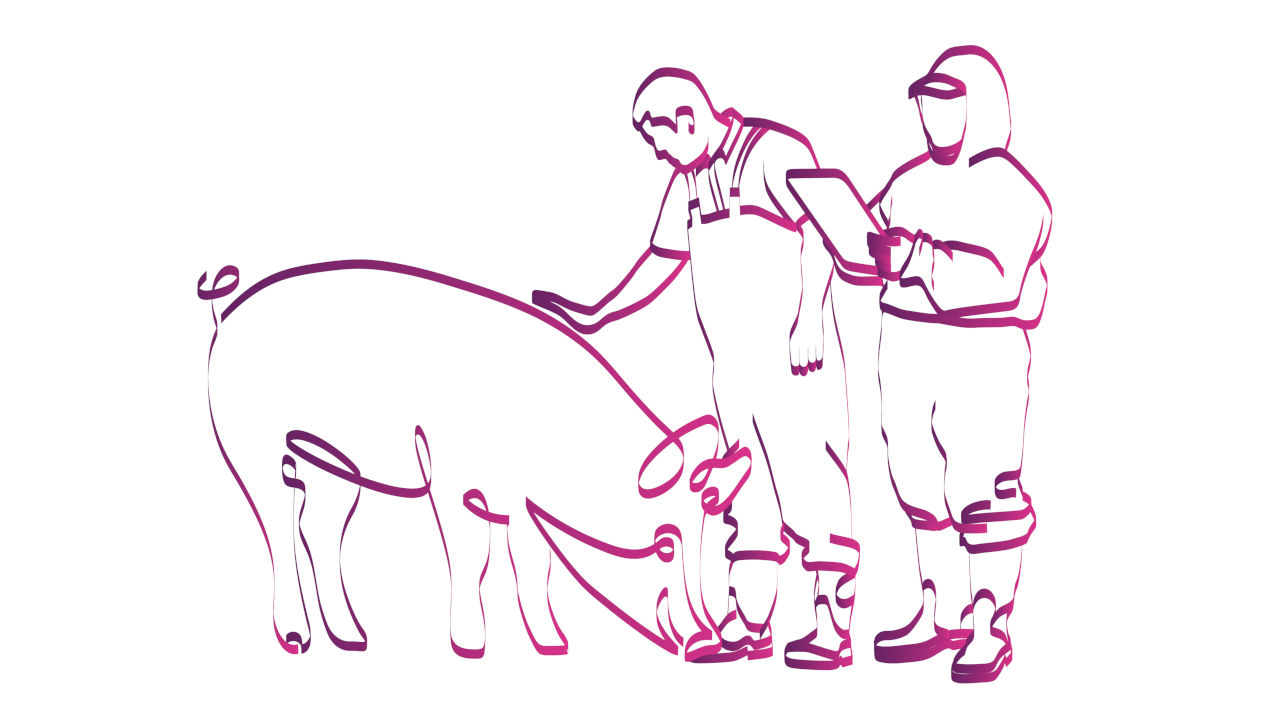"Nothing I have discovered was impossible to fix"

Subject
Slaughter, animal welfare
Target audience
Welfare inspectors
Inspector: Philippe (65) from France
I only seldom discovered a particularly bad situation in a slaughterhouse, and nothing I have discovered was impossible to fix. The bad situations that I have seen were the consequence of a poor understanding of the regulations rather than mal-intent, making it possible to improve them by discussing said issues. These situations mostly concerned animal welfare. For example, when I arrived in the slaughterhouse where I'm actually based, I noticed some issues during the process of stunning big reproductive pigs. The anaesthesia – with electricity – was not always carried out properly, so I wasn’t sure that the employed method resulted in actual anaesthesia. I also questioned whether all animals were dead when being immersed in hot water after the bleeding.
After writing many non-compliance documents, I also suggested to the business operator that I’d provide training for this slaughterhouse’s operators. This has been very successful, as the operators understood what I wanted them to change and the situation improved as a consequence. Since I am still based in this slaughterhouse, I can easily continue to monitor improvements.
Working in a team is one of the most interesting aspects of my job now. My previous job was rather solitary, which I found difficult at times. Becoming the ‘chief’ of a team was quite a change; it’s challenging and also fun in my experience, so I really enjoy it. When I started in this role in 2009, I had to develop new skills, especially with regards to management and human relationships. You have to know, for example, how to have conversations about work with people who are different from each other, making sure you choose the right words for everybody and manage conflicts without favouring anyone. I have improved these skills on the job through trial and error. Being a team manager is exciting, even if it can be challenging as well.
Another interesting aspect of my job is the relationship of the inspection with the business operator and its employees who work in the slaughterhouse, as our respective priorities aren’t always aligned. The priority of the business operator is to ensure profitability and sometimes even the survival of the factory, while our priority is safety of food and animal welfare, which sometimes leads to a clash. I then try to make them understand that we are the representatives of the law. Usually we manage to find some common ground and sort things out together.
I think animal welfare in French slaughterhouses has improved over the last five to ten years, and is higher on the social and political agenda. I do have to say that animal defence organisations have been involved in this. Even though I don’t agree with their philosophy that animals have the right not to be killed at all, I must recognise that their actions have been very beneficial for animal welfare in France. I think the animal rights lobby has raised more awareness of animal welfare among business operators and inspectors alike. As inspectors we have increased the pressure on business operators to be present as much as possible during the stunning procedures and the bleeding period. And as inspectors, we have become even more precise and objective in our reporting.
My tip to fellow inspectors is: be patient, don’t panic, keep cool, but firm, remain diplomatic and always explain the rules! Business operators sometimes argue that it’s not possible to strictly adhere to a certain rule, because it would involve more time and personnel, and thus money. Or it may be difficult to explain the rules to operators, especially if they don’t speak French. But when you always keep in mind to stay calm and professional, without compromising on the goal you want to achieve, it is possible to find good solutions.”
